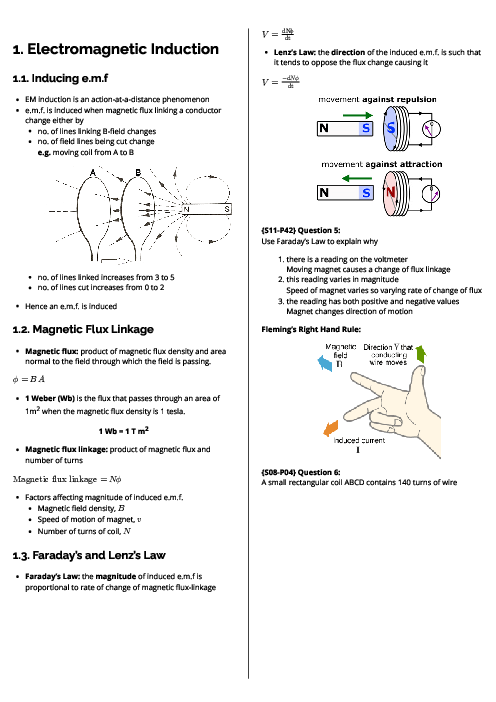When a sample of a radioactive isotope decays by $\alpha$-particle emission, the $\alpha$-particles emitted have a single discrete energy.
When a sample of a radioactive isotope decays by ${\beta ^ - }$ particle emission, the ${\beta ^ - }$ particles emitted have a continuous range of energies.
What is the explanation for this?
An antineutrino is emitted with a ${\beta ^ - }$ particle but not with an $\alpha$-particle.
2 )
An antineutrino is emitted with an $\alpha$-particle but not with a ${\beta ^ - }$ particle.
3 )
The $\alpha$-particles have much more energy than the ${\beta ^ - }$ particles.
4 )
The ${\beta ^ - }$ particles have much more energy than the $\alpha$-particles.
تحلیل ویدئویی تست
منتظریم اولین نفر تحلیلش کنه!










